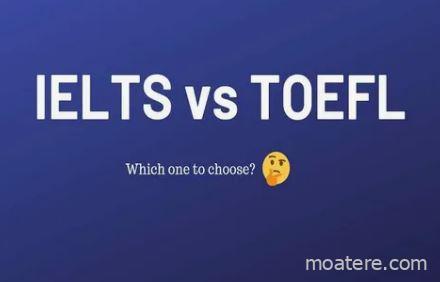IELTS vs OET for Healthcare Visas: Which is Easier for Africans?
Navigating the maze of healthcare visas can feel like trying to solve a Rubik’s cube blindfolded. With so many exams and requirements, it’s easy to get lost. If you’re an aspiring healthcare professional from Africa targeting work opportunities abroad, you might be wondering whether to take the IELTS or the OET. Let’s break it down in simple terms!
The Method to Make Your Choice
I’ve been in your shoes, trying to make sense of these options. In this article, I’m offering you a clear comparison based on insights and experiences. By the end, you’ll know which exam suits you better for that healthcare visa!
What Are IELTS and OET?
IELTS: International English Language Testing System
IELTS is a widely recognized English proficiency test, accepted globally for various purposes including immigration and study. It assesses four key areas: listening, reading, writing, and speaking.
Benefits of IELTS:
- Widely Accepted: Recognized by universities and employers across many countries.
- Flexibility: Available in multiple test locations and formats (academic or general).
OET: Occupational English Test
OET is specifically designed for healthcare professionals. It assesses your English language skills in a healthcare context, covering areas like medical vocabulary and scenarios you might face.
Benefits of OET:
- Relevant Content: Focuses on the communication skills required in healthcare settings.
- Supports Your Profession: Directly aligned with job requirements in hospitals and clinics.
Comparing the Two Exams
Key Differences
-
Purpose and Acceptance
- IELTS: General language test for various sectors.
- OET: Tailored for healthcare professionals and accepted by major healthcare boards.
-
Content and Format
- IELTS: General listening, reading, writing, and speaking sections.
- OET: Role-play and communication specific to healthcare situations.
Which is Easier?
This part often boils down to your background and career goals!
-
If You’re a Generalist:
- Go with IELTS: It’s more versatile if you might switch sectors in the future.
-
If You’re a Healthcare Professional:
- Choose OET: If you’re confident in your medical English, OET might feel more intuitive.
Preparing for Success
Study Smart, Not Hard
Tip 1: Practice with Real-Life Scenarios
Explanation: Use sample papers from IELTS or OET relevant to your field.
Benefit: Familiarizes you with the exam format and reduces anxiety.
Example: Look for OET role-play scenarios involving patient conversations.
Tip 2: Join Study Groups
Explanation: Connect with others preparing for the same exam.
Benefit: Share tips and stay motivated.
Example: Create a WhatsApp group with peers and exchange practice questions!
Final Thoughts
Whether you choose IELTS or OET, your goal is clear: obtaining that healthcare visa! There’s no one-size-fits-all answer, but selecting the right exam can make your journey smoother.
Quick Checklist
- Decide based on your professional background: IELTS for general or OET for specific healthcare contexts.
- Use targeted resources and practice exams.
- Engage with study groups for communal learning.
Frequently Asked Questions
Q1: Which exam is more affordable?
It generally depends on local test centers, but you might find IELTS slightly more economical.
Q2: Can I retake the exam if I don’t pass?
Yes! Both IELTS and OET allow you to retake the exam as many times as needed.
Q3: How long are scores valid?
Most institutes accept IELTS scores for up to two years, while OET scores also remain valid for the same duration.
Wrap-Up
Choosing between IELTS and OET can set the stage for your international healthcare career. Recapping, consider your professional goals, choose based on relevancy, and utilize available resources to prepare effectively.
I’ll leave you with this friendly reminder: Share your experiences, ask your questions, and let’s conquer this path together! What insights do you have? Drop a comment or question below!


